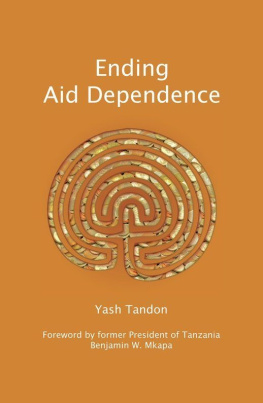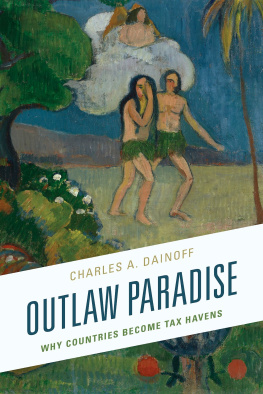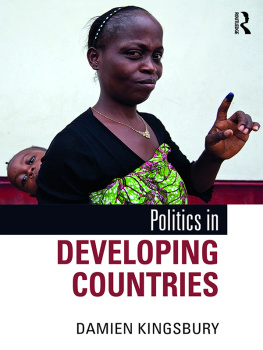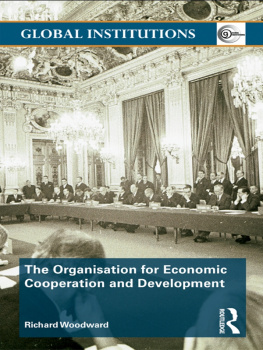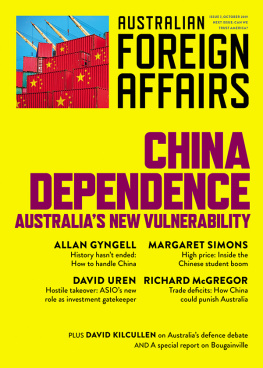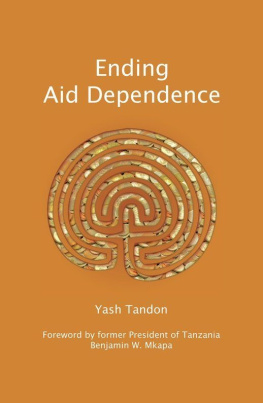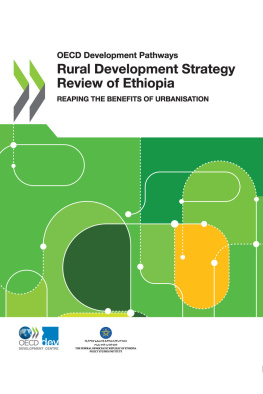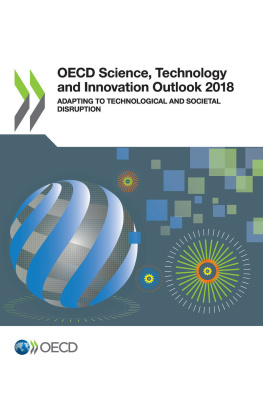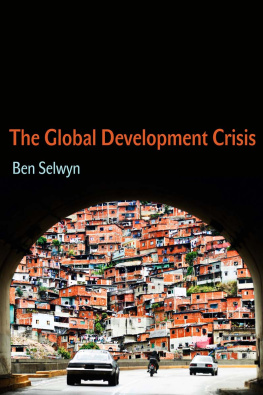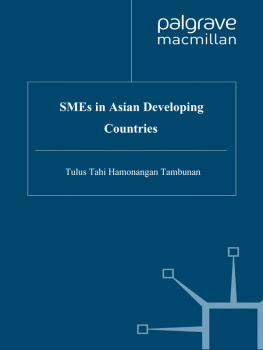Keep in touch with Fahamu Books
Comment on this book online and see what other people have to say about it.
Join our email list to receive news of forthcoming Fahamu books or events.
Buy another copy of this book and send it to a friend.
Recommend this book to a friend.
Fahamu Books
We are a pan-African publisher of progressive books that aim to stimulate debate, discussion, analysis and engagement on human rights and social justice in Africa and the global South.
We have published books and CD-ROMs on Africa, the African Union, capacity building for civil society organisations, China and Africa, conflict, human rights, media, trade, aid & development, and womens rights.
Go to our website where you can read about our other publications, look inside our books and buy our books or CD-ROMs.
Get a free ebook when you buy a paperback.
Contact us through our website.
Contact us by email at info@fahamu.org.
South Centre publications
See the complete list in English, French and Spanish.
Pambazuka News
Fahamu also publishes the prize-winning weekly electronic newsletter Pambazuka News.
With over 1,000 contributors and an estimated 500,000 readers Pambazuka News is the authoritative pan-African electronic weekly newsletter and platform for social justice in Africa, providing cutting-edge commentary and in-depth analysis on politics and current affairs, development, human rights, refugees, gender issues and culture in Africa.
Subscribe to Pambazuka News for free.
Published 2008 by Fahamu Networks for Social Justice
Cape Town, Dakar, Nairobi and Oxford
www.fahamu.org www.pambazuka.org
and
South Centre
Geneva
www.southcentre.org
Fahamu, 2nd floor, 51 Cornmarket Street, Oxford OX1 3HA, UK
Fahamu Kenya, PO Box 47158, 00100 GPO, Nairobi, Kenya
Fahamu Senegal, 9 Cit Sonatel 2, POB 25021, Dakar-Fann, Dakar, Senegal
Fahamu South Africa, c/o 27A Esher St, Claremont, 7708, Cape Town, South Africa
South Centre, CP 228, 1211 Geneva 19, Switzerland
First published 2008
Second edition 2008
Copyright Yash Tandon 2008
This work is licensed under the Creative Commons Attribution-Noncommercial-No Derivative Works 2.0 UK: England & Wales Licence. To view a copy of this licence, visit http://creativecommons.org/licenses/by-nc-nd/2.0/uk/ or send a letter to Creative Commons, 171 Second Street, Suite 300, San Francisco, California, 94105, USA. You are free to share this work with others provided that you inform them that that the income from the sale of this work helps Fahamu to publish materials in support of movements for social justice in Africa. For those organisations that cannot afford to pay, we are willing to supply copies of this work for free upon application. We welcome donations at http://www.fahamu.org/site/donate to support our providing free copies of the print and electronic editions of this book to organisations in Africa who are unable to pay.
British Library Cataloguing in Publication Data
A catalogue record for this book is available from the British Library
ISBN: 978-1-906387-32-7 ebook
ISBN: 978-1-906387-31-0 paperback, 2nd edition

Foreword
Benjamin W. Mkapa
President of Tanzania 1995 2005
The primary and long-term objective of this monograph is to initiate a debate on development aid, and to lay out a do-able strategy for ending aid dependence. An exit strategy from aid dependence requires a radical shift both in the mindset and in the development strategy of countries dependent on aid, and a deeper and direct involvement of people in their own development. It also requires a radical and fundamental restructuring of the institutional aid architecture at the global level.
The first edition of the book was published just before the high level meeting in September 2008 in Accra organised by the OECD and the World Bank. The aim then was to caution the developing countries against endorsing the Accra Action Agenda (AAA), which was based on the OECDs Paris Declaration on Aid Effectiveness (PDAE). The PDAE is built on five principles that on first sight look benign. However, on closer analysis, it turns out to be a formula for subjecting aid recipients to a discipline of collective control by the donors right down to the village level, especially in the poorer and more vulnerable countries in Africa, Asia, Latin America and the Caribbean. However, since no serious discussion on the PDAE had taken place in the South, it was not surprising that the AAA was endorsed in Accra by the generally low-level official delegations from the South and several mostly North-dominated intergovernmental organisations. Conspicuously absent, for example, was the African Union. There are fundamental contradictions between the AAA-endorsed Paris Declaration on Aid Effectiveness (PDAE) and the South Centresstrategy on Aid Exit (SCAE). A simple schema () at the end of this Foreword illustrates these differences.
The question is: how do we move forward from here? Making aid effective will only serve to perpetuate aid dependence. There has to be a strategy for ending aid dependence. This book suggests for debate and further discussion a seven-step strategy for ending aid dependence. The first step is the most difficult, that of transforming a mindset anchored in aid. It has taken deep roots in the psyche of the people, especially in the poorer countries of the South. It is similar to drug addiction. Any suggestion of withdrawal from the addiction traumatises its user, and sends them into panic; the longer the addiction lasts the more difficult it becomes to escape. Nonetheless, a start has to be made.
Paradoxically, the AAA has come at a time when the developed industrial North is in the midst of a financial meltdown. How can it help the South when its own house is in disorder, when it is itself dependent on sovereign wealth funds from the South? This question was not asked or addressed at Accra. Could it be that aid, or official development assistance, is not a means of aiding the South but a means of aiding the crisis-ridden Northern economies? At a time when the competition for oil, fuels, land and commodities is heating up between the older industrial countries of the North and the emerging industrial countries of the South such as Brazil, China, India and South Africa, aid from the North could be a means of tying down the aid recipient countries especially in Africa, which appears to be the principal target for aid to the colonial apron strings of the older empire.
The question that the international community should be asking is not how the North may provide largesse to the South, but how the global financial infrastructure, now in total disarray, might be restructured. This book draws a distinction between reformism and parallelism. Whilst attempts are being made to reform institutions like the World Bank and the International Monetary Fund, it is evident that these post-Second World War behemoths have lost legitimacy and relevance. Efforts must nowbe made to set up parallel institutions, especially regional ones, to replace these dated and unreformable bodies. Indeed, the demand of the moment is for another Bretton Woods conference, this time in a location in the South, with a view to creating new institutions of global economic governance. These would genuinely work towards the welfare of poor people in the South and be accountable to the entire international community, and not just to that small fraction, the so-called coalition of the willing.

